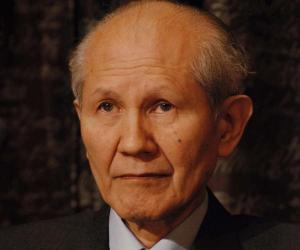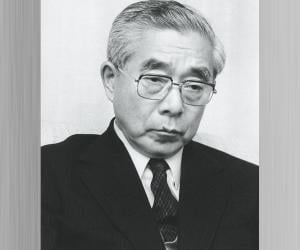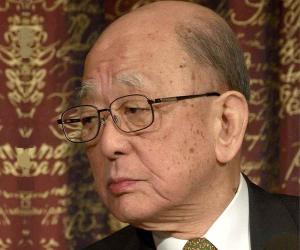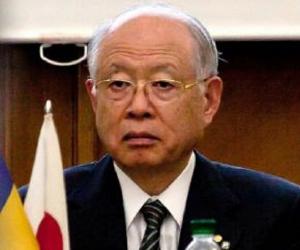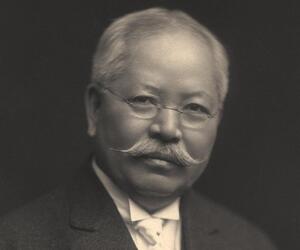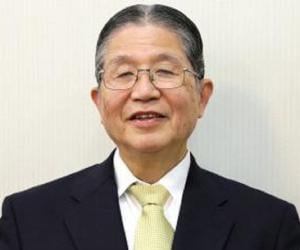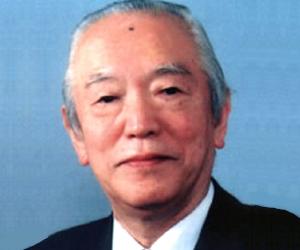1
Ei-ichi Negishi
(Nobel Prize-Winning Japanese Chemist)
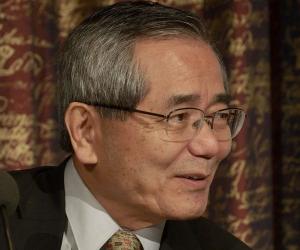
15
3
Birthdate: July 14, 1935
Sun Sign: Cancer
Birthplace: Changchun, China
Died: June 6, 2021
Ei-ichi Negishi was a prominent Japanese chemist known for his discovery of the Negishi coupling. He spent the majority of his career at Purdue University in the United States, where he held the prestigious Herbert C. Brown Distinguished Professor title and served as the director of the Negishi-Brown Institute. Negishi's significant contributions to the field of chemistry were recognized with the 2010 Nobel Prize in Chemistry, which he shared with Richard F. Heck and Akira Suzuki for their work on palladium-catalyzed cross couplings in organic synthesis.
